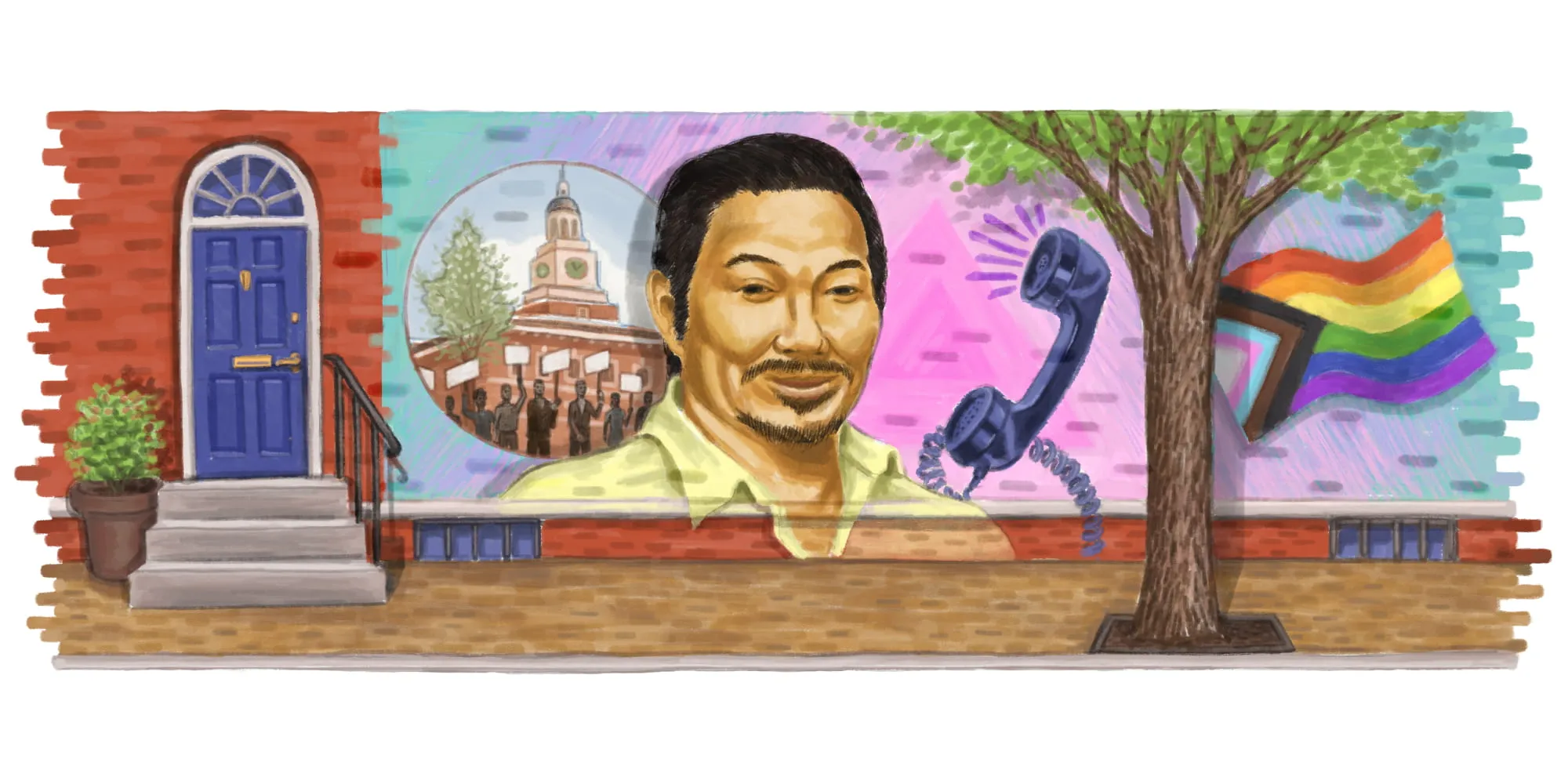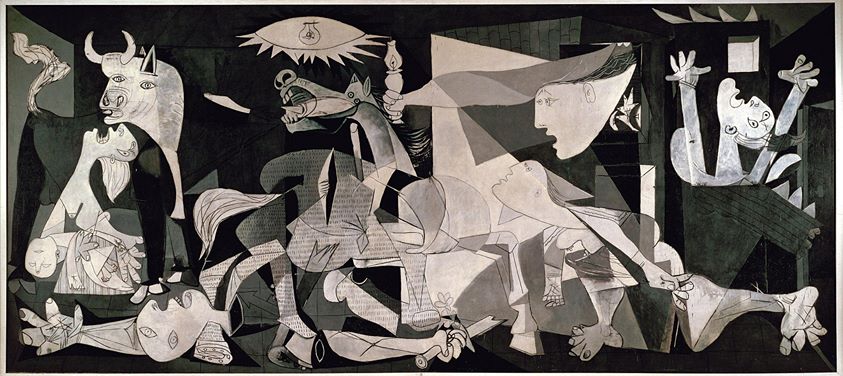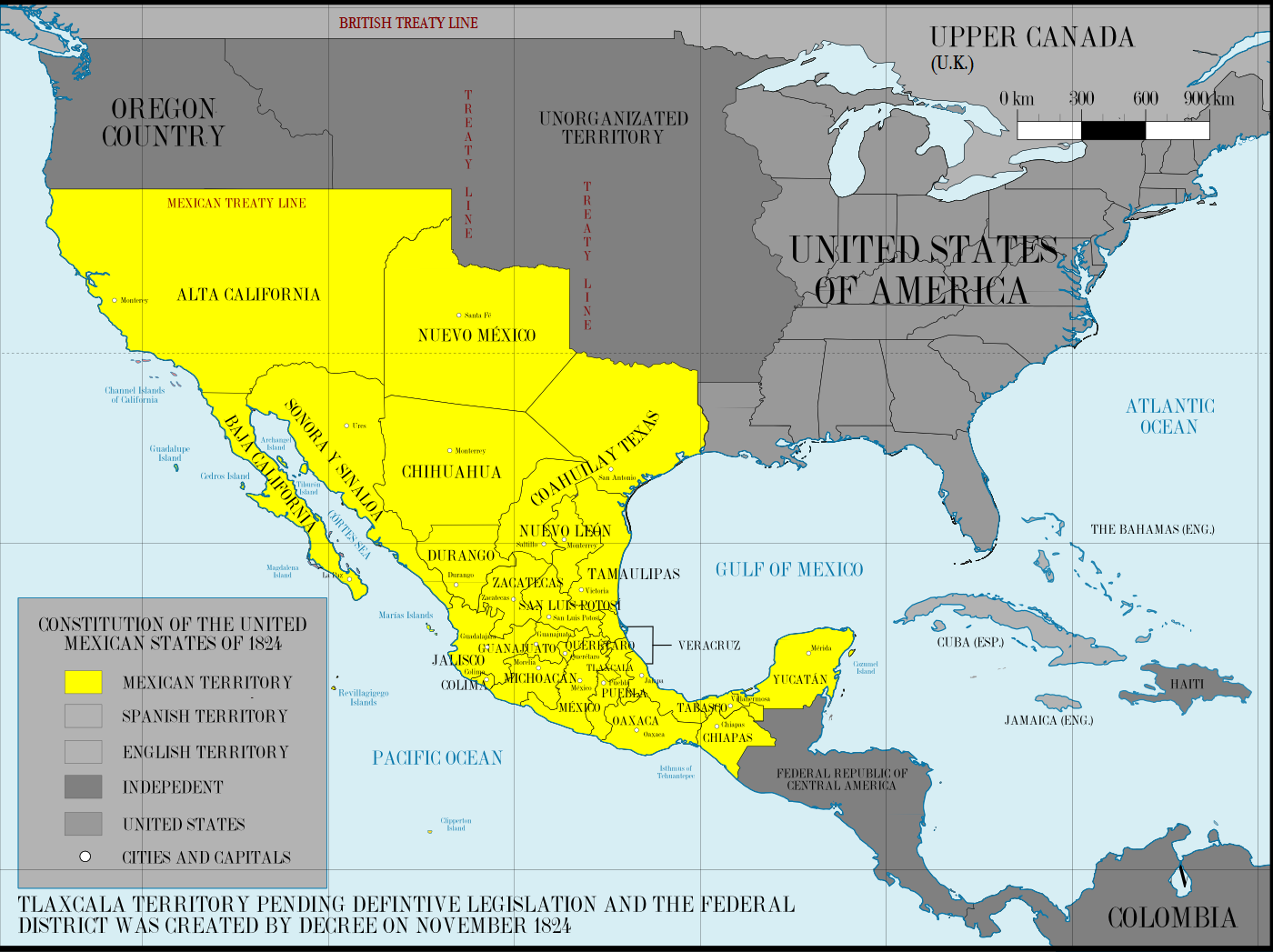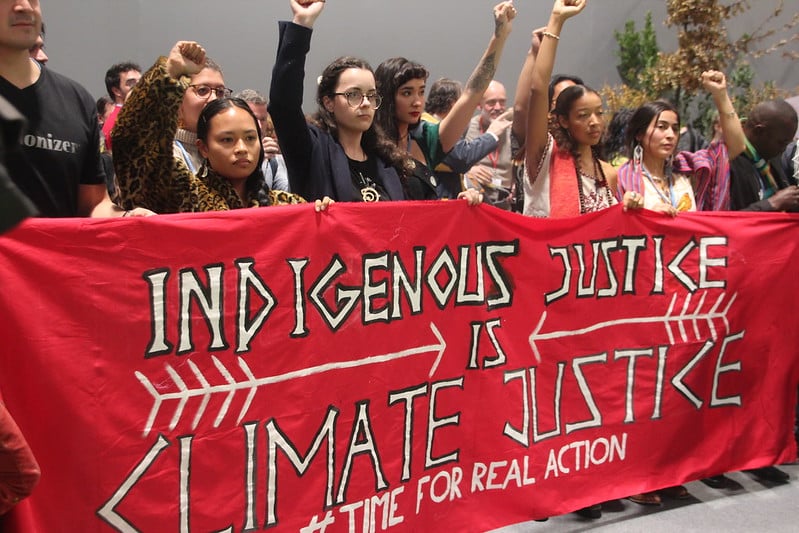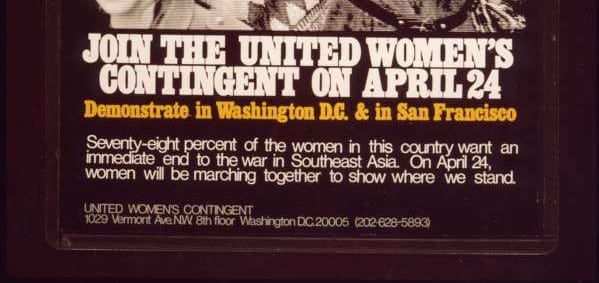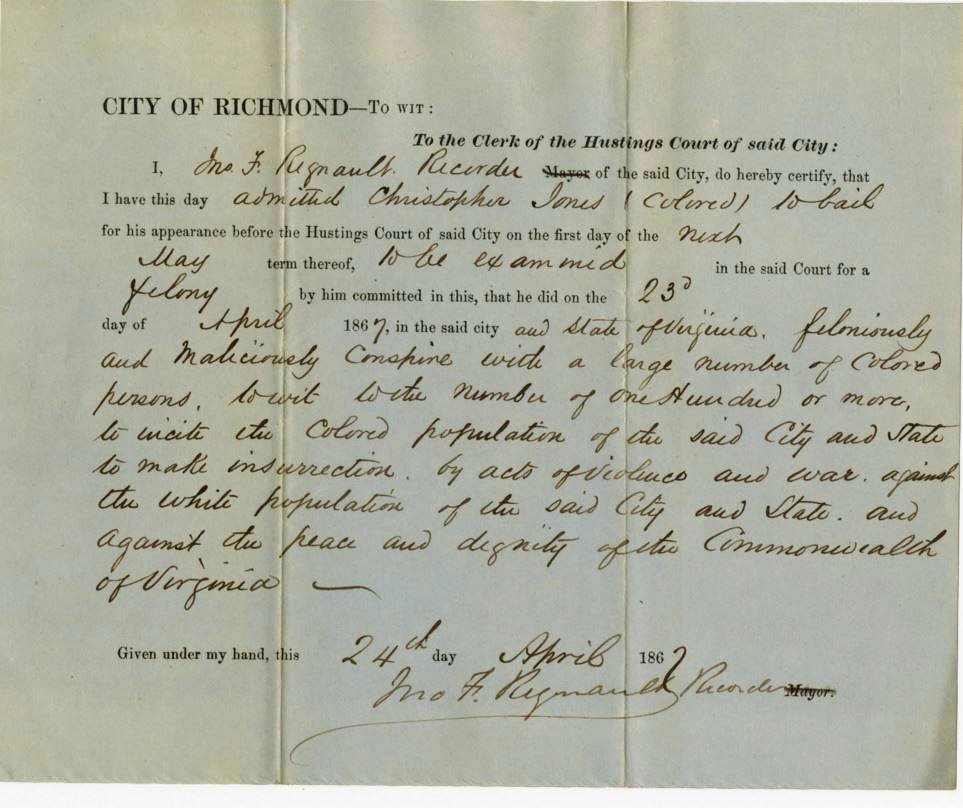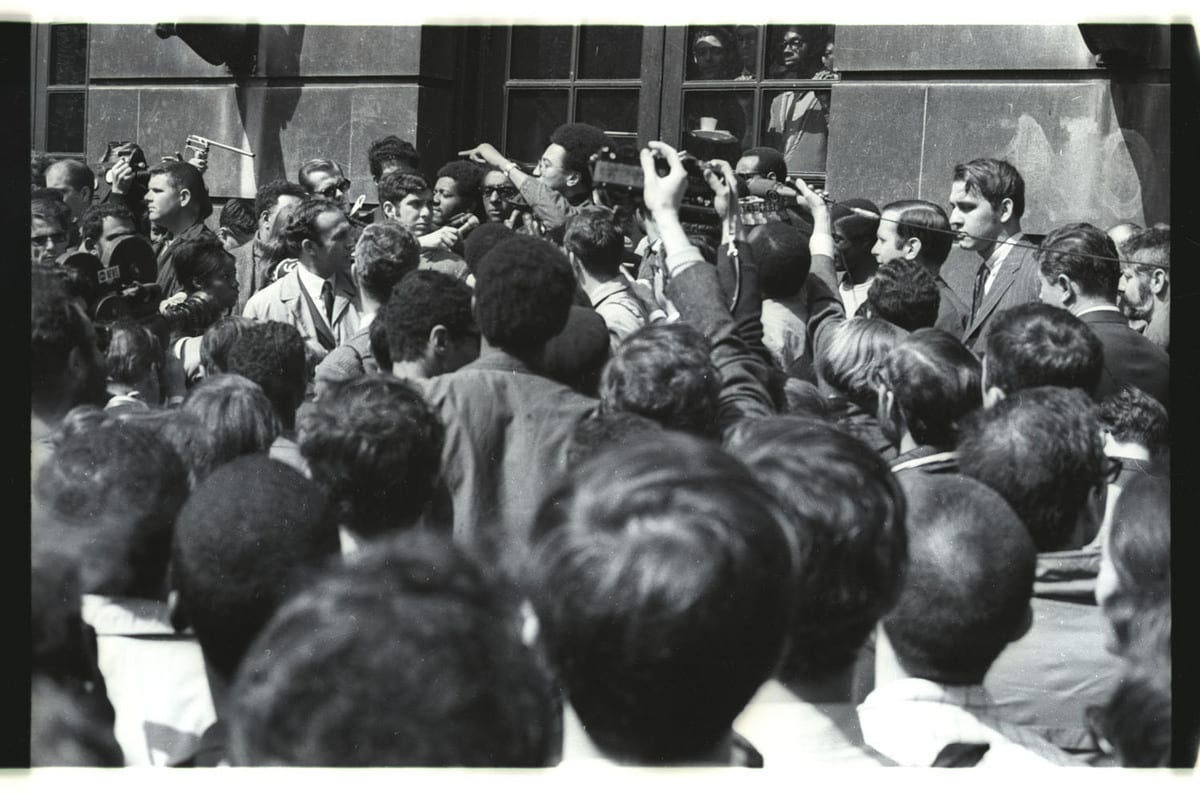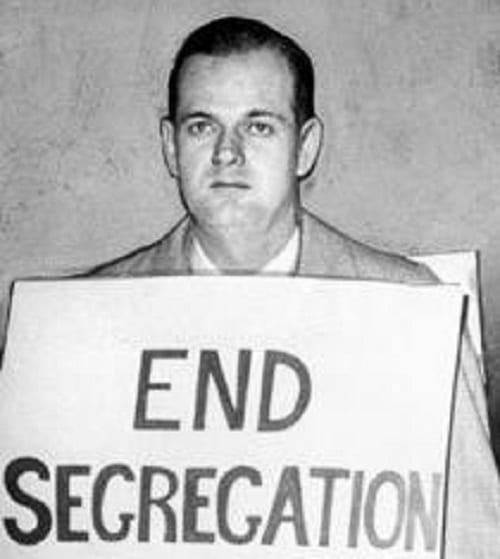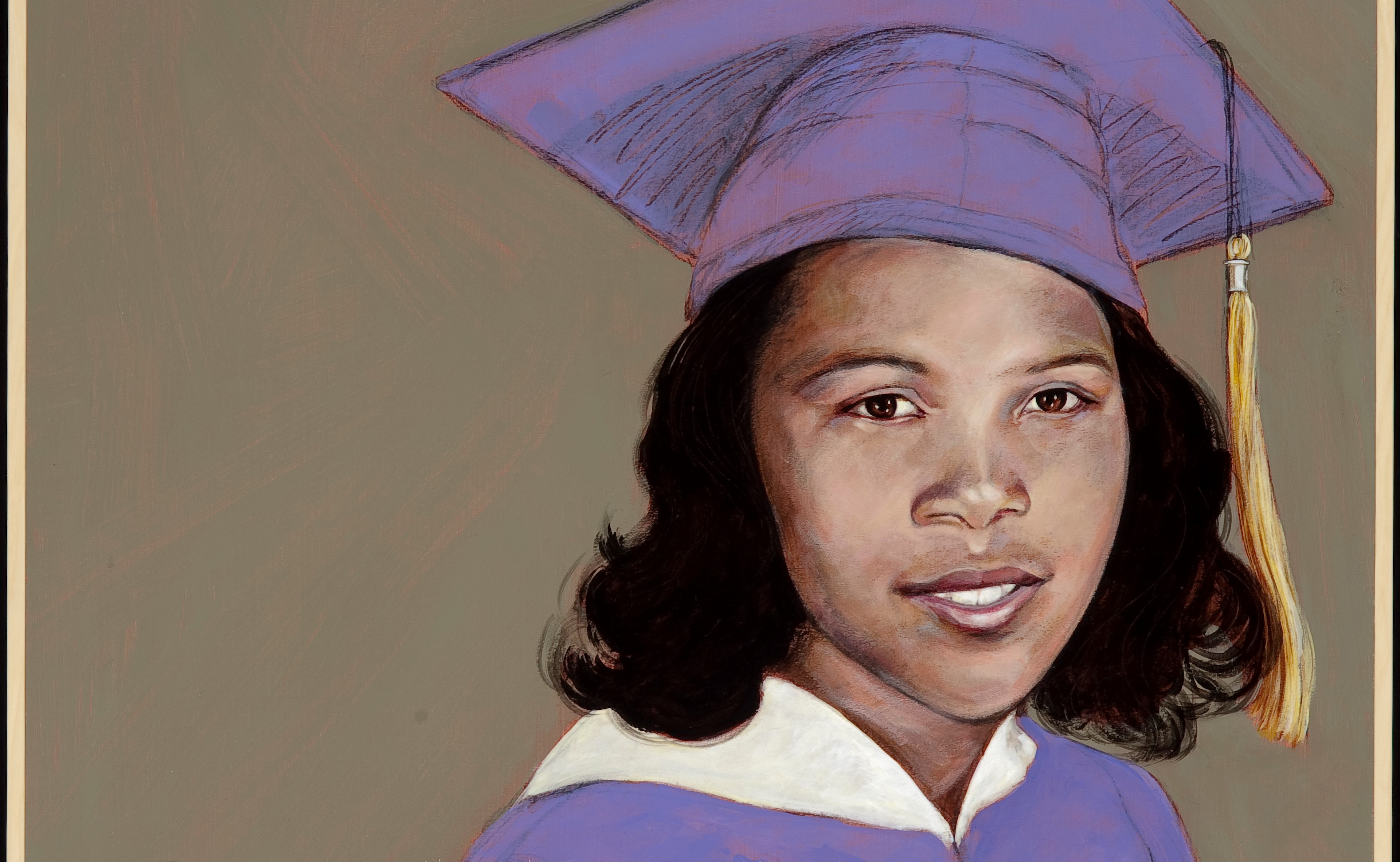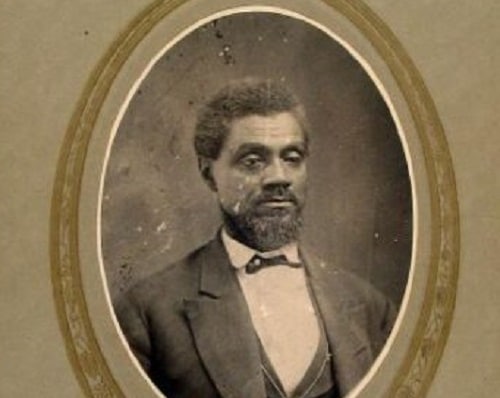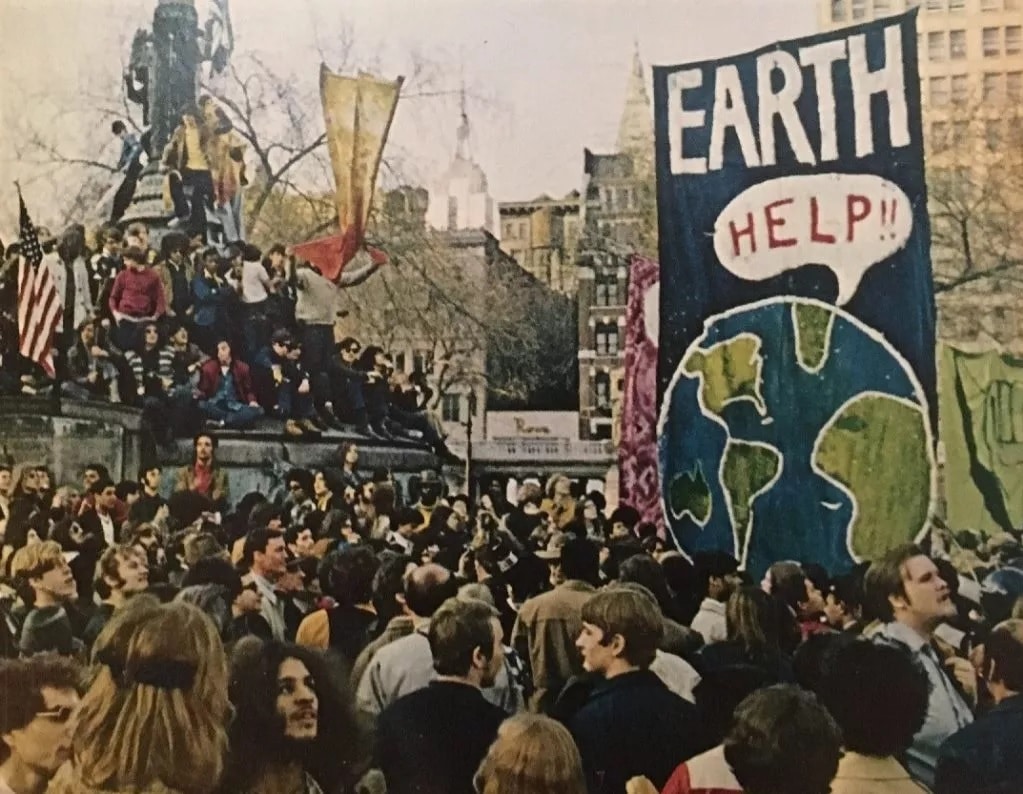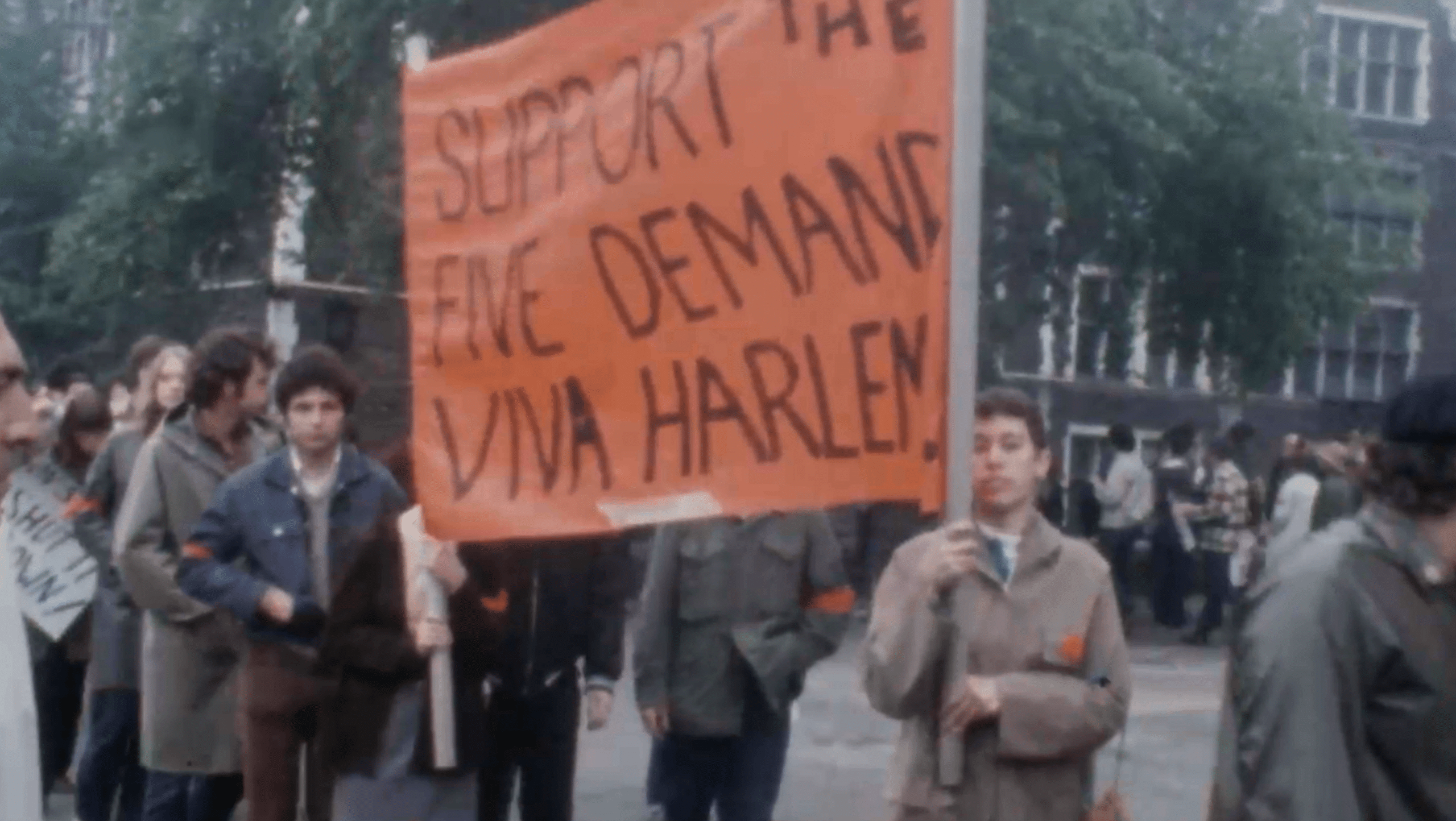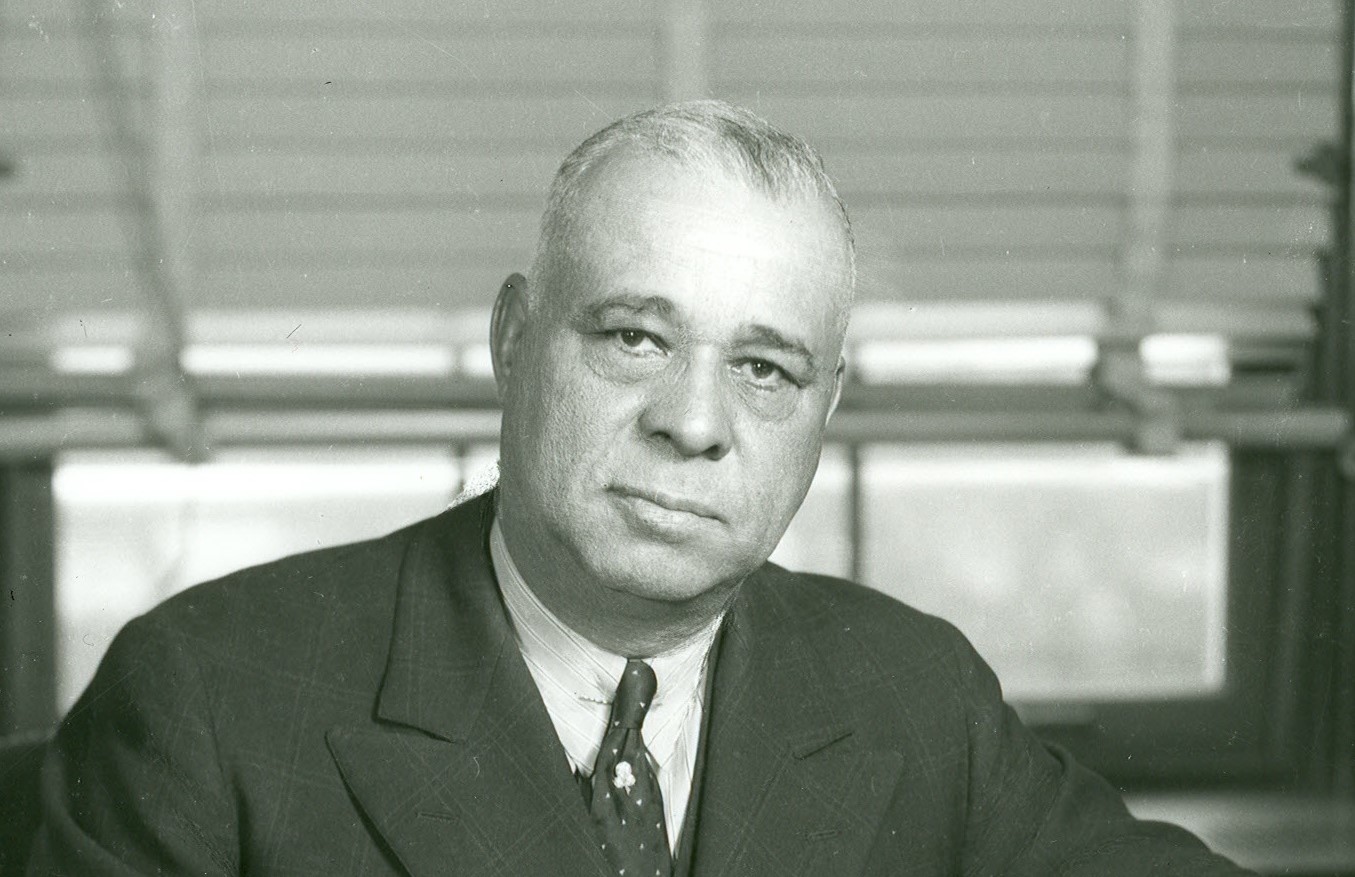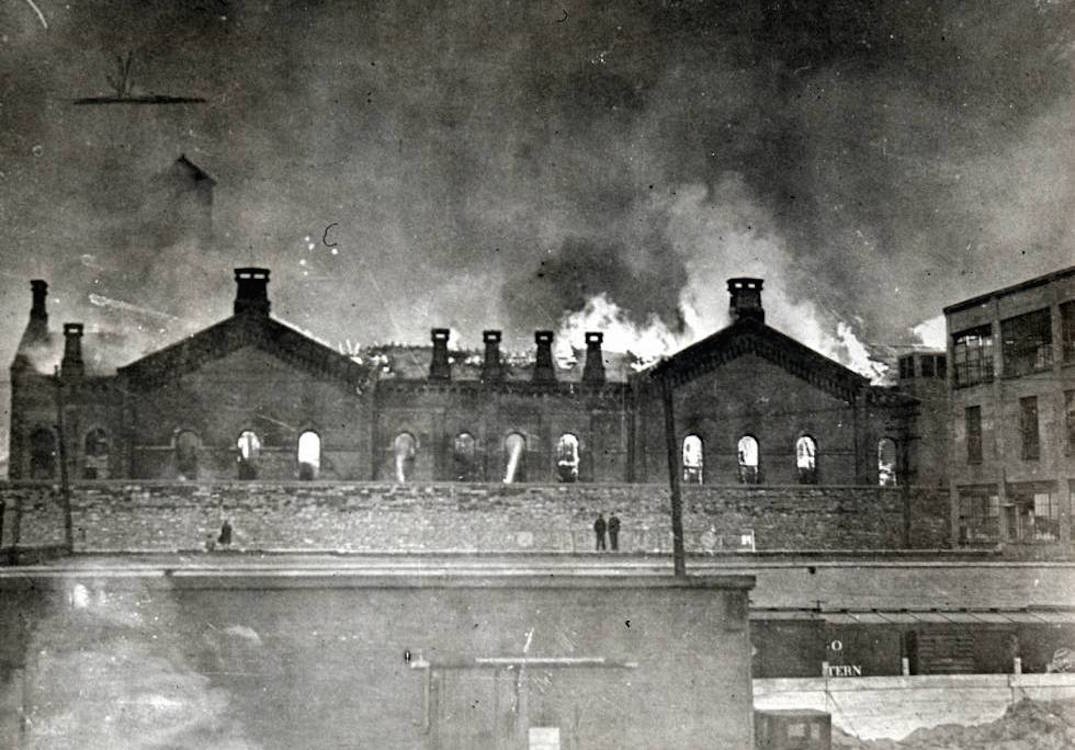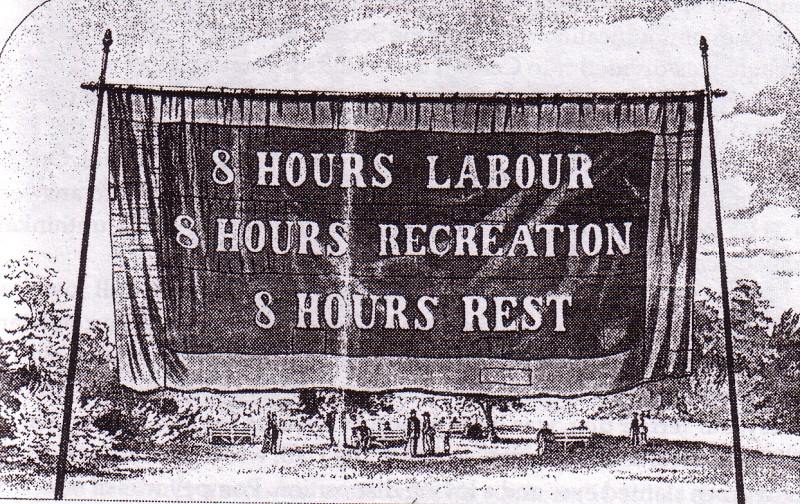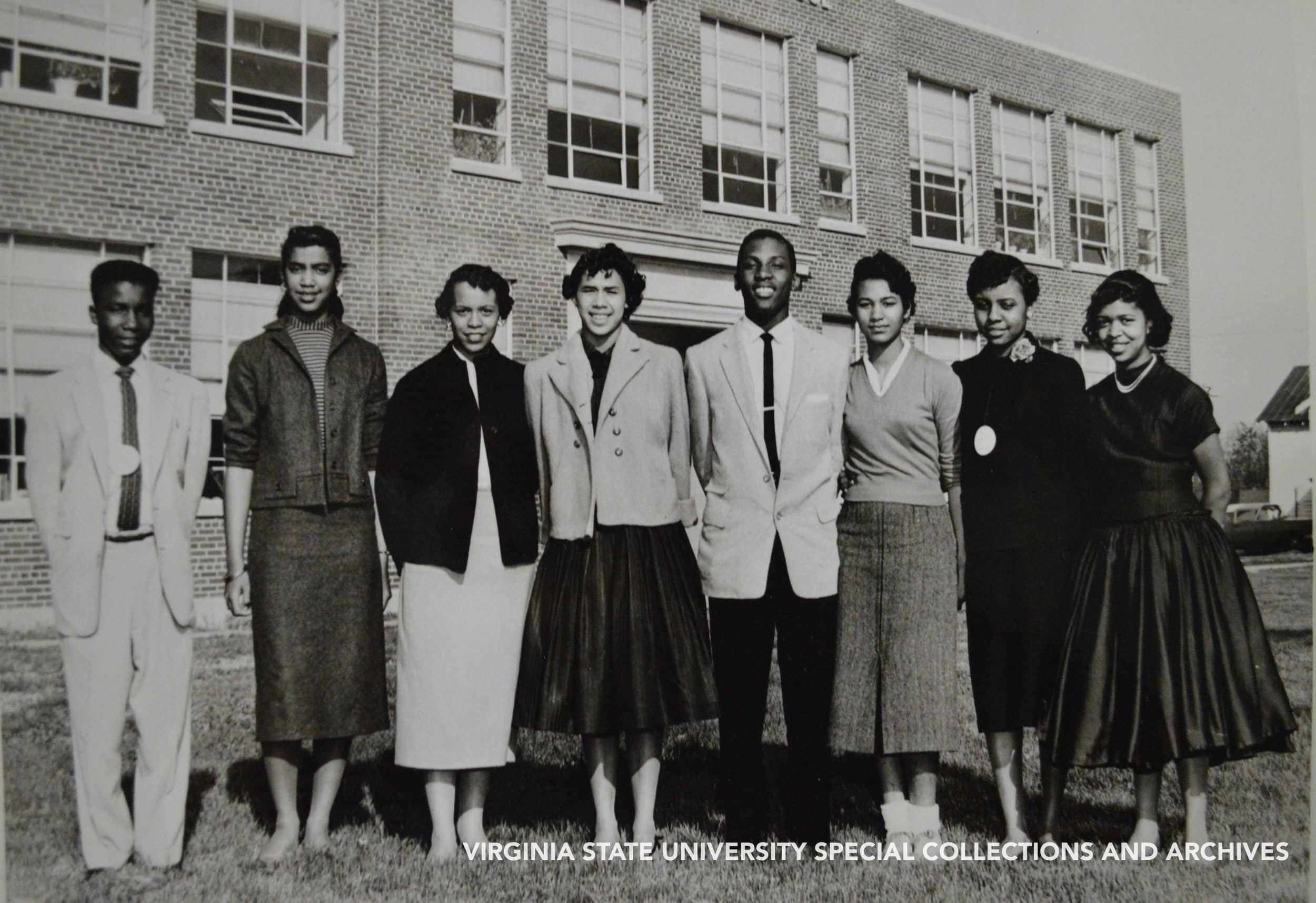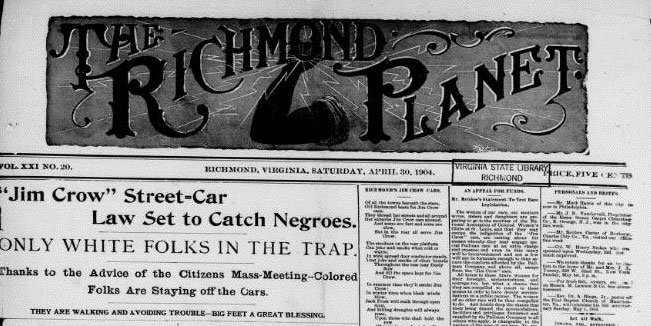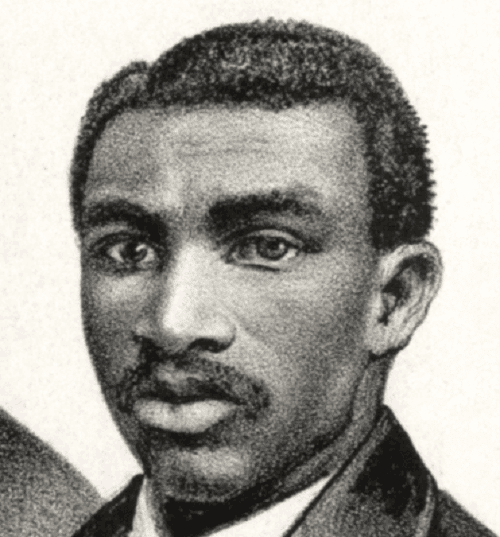Lifelong gay rights and anti-war activist Kiyoshi Kuromiya held a demonstration while in college against the use of napalm in Vietnam by announcing that a dog would be burned alive with napalm in front of the university library.
Continue reading
During the Spanish Civil War, the Nazis tested their new air force on the Basque town of Guernica in northern Spain.
Continue reading
Today’s border with Mexico is the product of invasion and war. Grasping some of the motives for that war and some of its immediate effects begins to provide students the kind of historical context that is crucial for thinking about the line that separates the United States and Mexico.
Continue reading
Indigenous representatives from around the world met in Anchorage, Alaska, in April 2009, to share experiences and strategies for confronting environmental degradation. They issued a declaration that details their observations and demands from the front lines of the climate crisis.
Continue reading
500,000 people demonstrated against the Vietnam War in Washington, D.C.
Continue reading
African Americans in Richmond, Virginia organized protests against segregated streetcars.
Continue reading
Students for a Democratic Society, Student Afro-American Society and others began a nonviolent occupation of campus buildings at Columbia University.
Continue reading
William Lewis Moore, a white postal worker from Baltimore, was murdered on the road in Alabama during a one-person march for racial justice.
Continue reading
Barbara Johns (16-years-old) led her classmates in a strike to protest the substandard conditions in Prince Edward County, Virginia.
Continue reading
William Beverly Nash and several others asked the federal government to intervene to ensure equal medical treatment for all.
Continue reading
Football star and soldier Pat Tillman was killed in Afghanistan. The U.S. government used his death in pro-war propaganda.
Continue reading
In April 1970, millions of people gathered around the country in one of the largest demonstrations in U.S. history to celebrate the first Earth Day and demand action be taken on a variety of environmental issues.
Continue reading
With a list of five demands, Black and Puerto Rican students at City College of New York (CCNY) orchestrated a campus-wide closure that lasted more than two weeks.
Continue reading
Illinois congressman Arthur W. Mitchell was ordered to move to the Jim Crow car of the train once it entered Arkansas.
Continue reading
Three hundred and twenty-two inmates were killed in a fire at the Ohio State Penitentiary.
Continue reading
Stonemasons and other construction workers protested for an eight-hour workday.
Continue reading
The Virginia Interscholastic Association (VIA) was established to provide African American high school students in Virginia with athletic, artistic, academic, and leadership opportunities unavailable to them in segregated schools.
Continue reading
The National Guard fired on striking miners and their families in Ludlow, Colorado.
Continue reading
President Ulysses S. Grant signed into law the third of the Enforcement Acts, a Reconstruction-era bill that empowered the federal government to intervene when the 13th, 14th, and 15th Amendments are violated.
Continue reading


